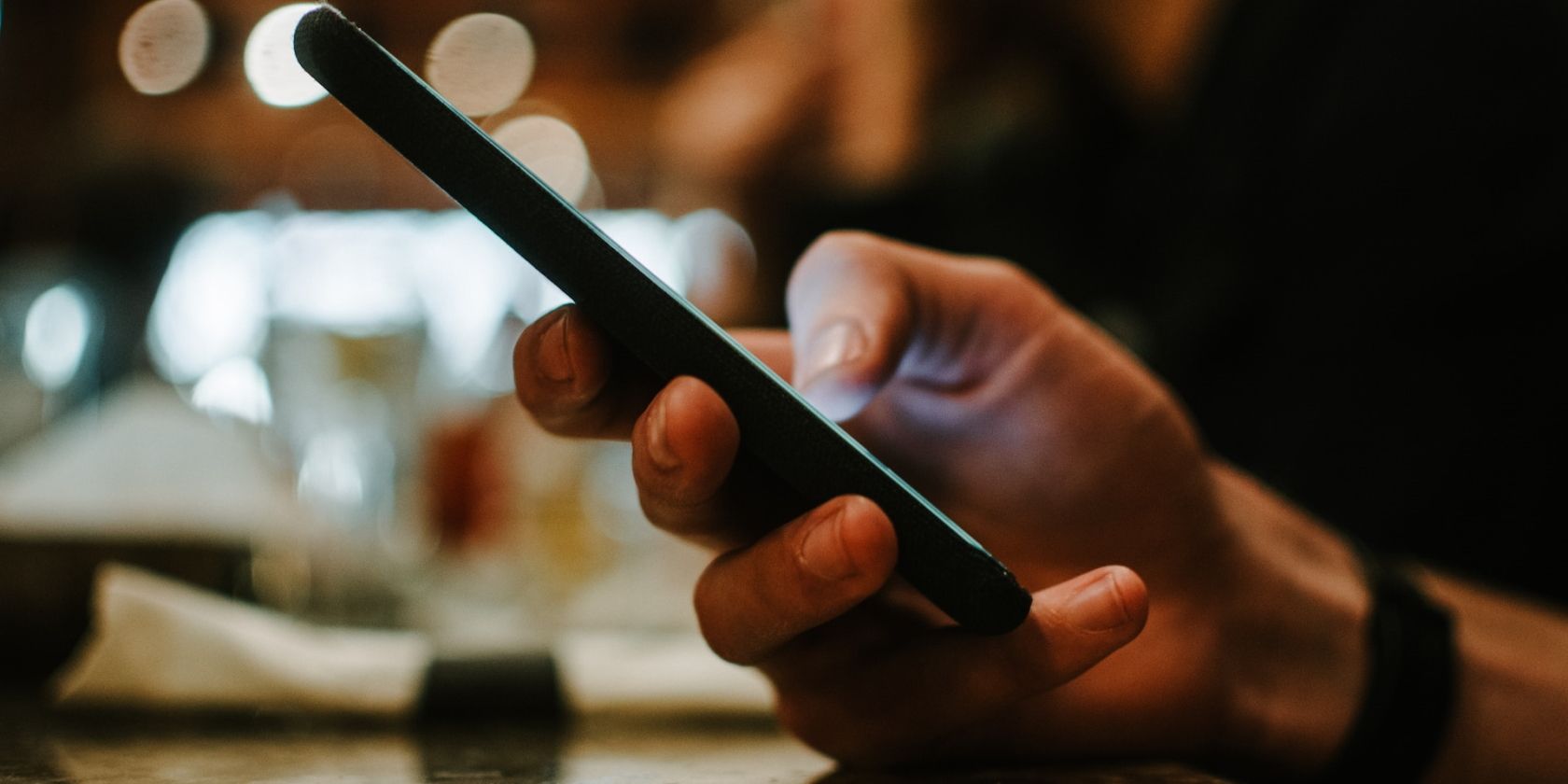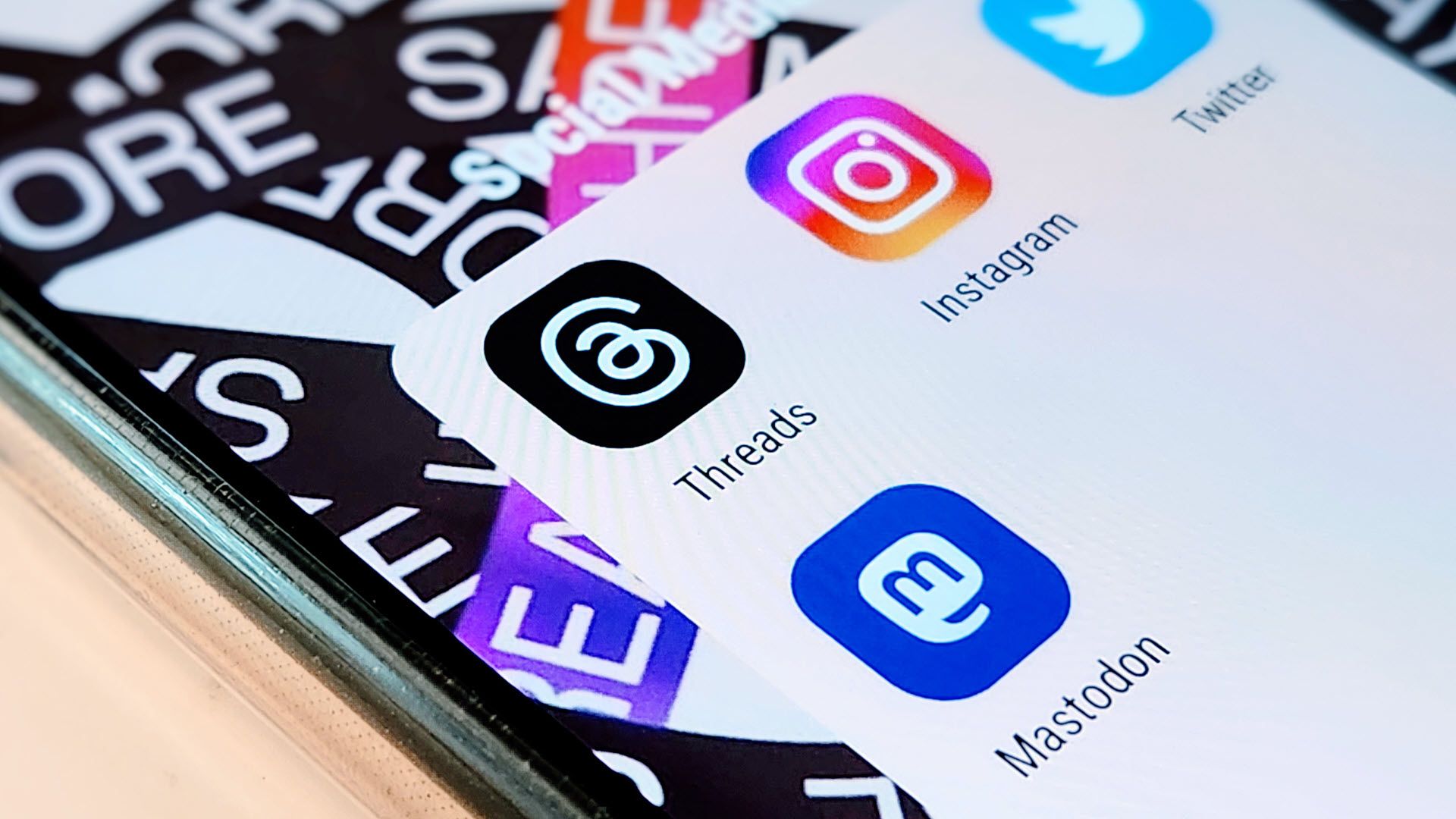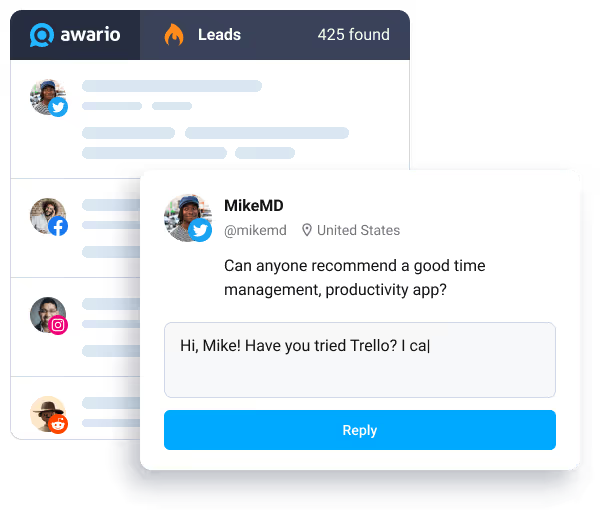
Unlocking the True Value of Social Networks: The Power of Discreet Engagement

Unlocking the True Value of Social Networks: The Power of Discreet Engagement
Quick Links
- Expressing My Opinion Without Exposing Myself to Friends
- Less Peer Pressure
- Hiding Likes Leads to Better Content
- Some Concerns About Hiding Likes
- We Should Be Given Even More Privacy on Social Media
Twitter (X) recently implemented a controversial change—hiding likes on all posts. While this change has some major implications, I believe it’s a step in the right direction, and Twitter wasn’t the first to do it. So why don’t all social media platforms stop you from seeing likes on public posts?
Expressing My Opinion Without Exposing Myself to Friends
Instagram was the most popular platform when I was a teenager in high school. Back then, Instagram had an “Activity” tab where you could see every comment and like made by the people you followed.
I thought that it was a privacy nightmare back then. Looking back, it feels even more intrusive, and I can’t even begin to understand why they thought it was a good idea. Privacy didn’t exist, and people would gossip about who liked whose post; entire friendships and relationships ended as a direct result.
While we no longer have an “Activity” tab on Instagram, the platform still proudly shows which one of your friends liked a certain post or reel. I don’t understand why Instagram thinks showcasing my profile picture in the form of a floating bubble and displaying my name on every reel I liked is a good idea.
For this reason, I refrain from liking posts altogether because I don’t want to be in the spotlight, especially if the post is even slightly controversial. I don’t even like funny posts about how BMW makes unreliable cars because I don’t want my friends to think that I hate my car.
It bothers me that anyone can find out what I’ve liked on social media platforms if they dig hard enough, even if it’s an ancient post. They can see my likes on posts from people I no longer follow and deduce that I’m no longer friends with that person. It’s basically a constant invasion of privacy. I feel like I’m being forced to choose between expressing my opinion and support in the form of likes and retaining at least some privacy.
 HD Video Converter Factory Pro
HD Video Converter Factory Pro
Less Peer Pressure

Joe Fedewa / How-To Geek
One of the best features Meta ever introduced was the ability to hide like counts on your Instagram and Facebook posts. This isn’t the same as hiding all likes on all posts, but at least you can stop others from seeing who liked your latest picture.
I was never the popular kid in school, so I can certainly appreciate this feature and enabled it the moment it became available. Not only does it stop others from judging you based on your number of likes, but it also discourages you from chasing likes or even caring about them altogether.
Not seeing likes would stop you from wasting time and energy on comparing your life and likeness to others, resulting in higher self-esteem. Removing the pressure of likes would encourage you to post freely and more often.
Do you remember the leak from a few years ago where internal documents revealed Meta was aware of the negative impact Instagram had on teenage girls ? The peer pressure that teens feel from social media causes a direct increase in eating disorders and mental health issues like anxiety and depression.
If hiding likes across the whole platform, like on Twitter, isn’t an option, Meta should at least consider forcing hidden likes by default, at least on minors’ posts. Granted, these kids can easily lie about their age, but I imagine that it would at least impact a large percentage of underage users.
Hiding Likes Leads to Better Content
If we can like posts without the fear of any sort of backlash, we could actually see better, more authentic, and original content. People would be encouraged to upload more unique posts, as nobody could see which posts did poorly.
This would encourage creators to post as much as they wish and be judged based on their creativity rather than the number of likes. A 9GAG Instagram post could literally get 1,000 likes, and we’d be none the wiser. As a small-time blogger , I’d feel empowered to post frequently on Instagram and TikTok without being discouraged by a lack of likes. Hiding likes would also encourage people to hit like on the posts they, well, like, which would help the algorithm push popular posts to other users.
Another side effect of hiding likes would be the death of those “X celebrity liked Y post” types of gossip articles. These articles don’t really contribute to any productive or even vaguely interesting discussion, in my opinion, at least. As so many Twitter bios state, “Likes and retweets aren’t endorsements,” so these types of articles that were based on a flimsy premise would disappear fast.
Some Concerns About Hiding Likes

Lucas Oliveira de Gouveia / How-To Geek
When Twitter announced the change about hiding likes, people raised some valid concerns in the retweets. The most considerable issue that kept popping up was election interference as a result of bot-fueled campaigns. Also, rich individuals could turn into fake influencers by simply paying for botted likes, and their fake popularity would inevitably lead to real popularity.
Bots are still a massive problem on Twitter and most other social media, and if we don’t have a way to check if a tweet was chiefly liked by bot accounts, we can’t trust the number of likes on that post. You won’t be able to tell if a politician is actually popular and raises valid points and concerns or if they’re just running a multi-million bot campaign.
We Should Be Given Even More Privacy on Social Media
Hiding likes is just one small step toward increasing privacy on social media. I wish there were more ways to protect myself from creepy stalkers. Although my Instagram profile is private, anyone who follows me can access the complete list of who I follow and who follows me. This feels incredibly invasive; I don’t want to be judged and gossiped about based on my number of followers and who I follow. Facebook at least gives you a way to hide your friends and page likes.
I wish that social media platforms gave users more control over what statistics they want to share and which ones they want to hide. This would improve both online privacy and safety. There are some things you should never share on social media , regardless of who follows you.
- Title: Unlocking the True Value of Social Networks: The Power of Discreet Engagement
- Author: Nova
- Created at : 2024-08-30 01:06:40
- Updated at : 2024-08-31 01:06:40
- Link: https://blog-min.techidaily.com/unlocking-the-true-value-of-social-networks-the-power-of-discreet-engagement/
- License: This work is licensed under CC BY-NC-SA 4.0.


